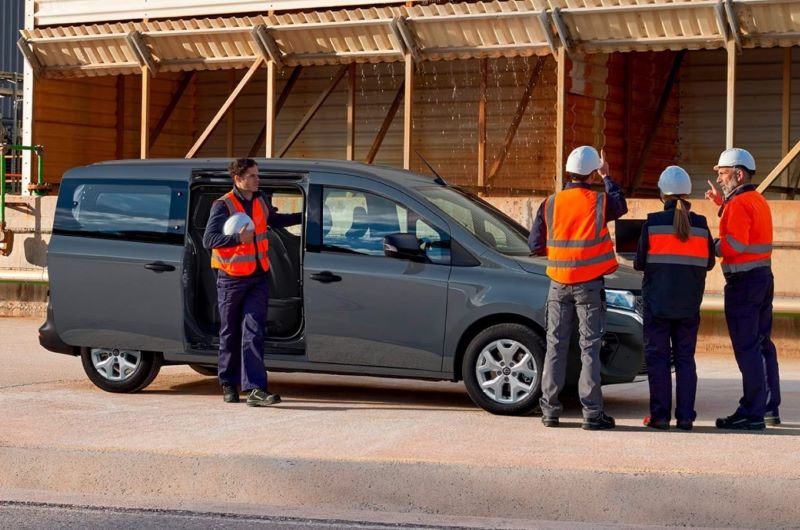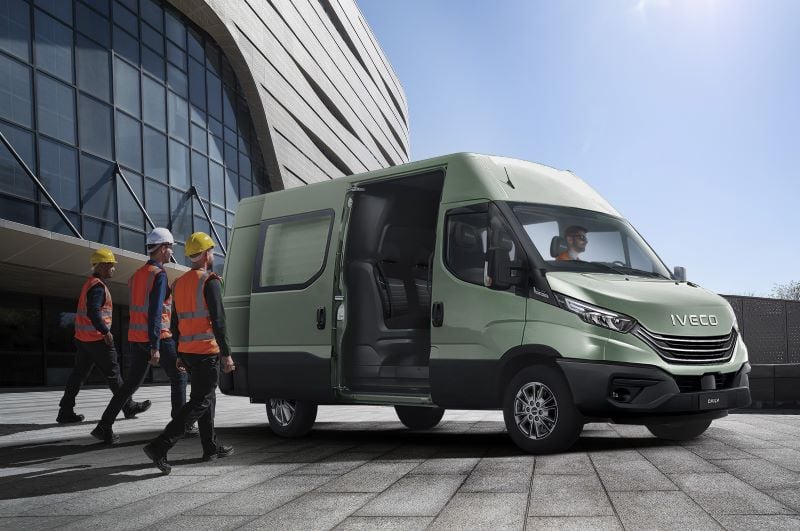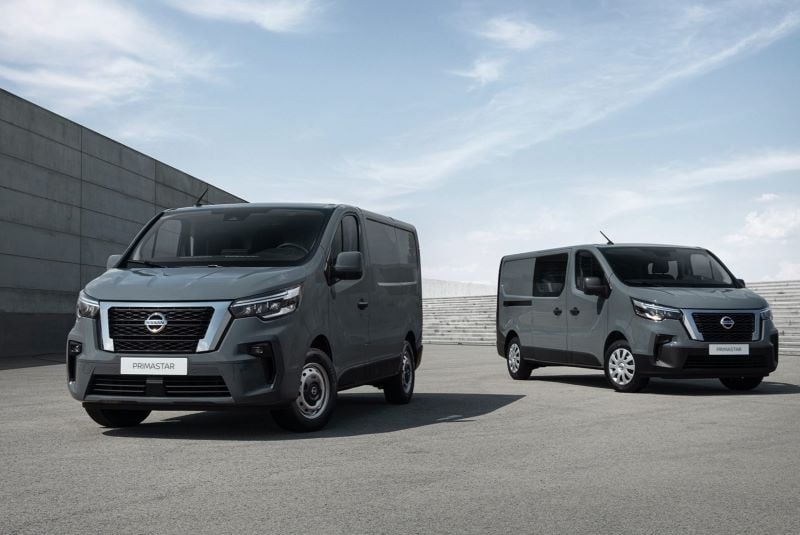Crew Vans Tax Confusion - Is It a Car or a Van?

Crew vans make brilliantly convenient working vehicles that offer space for people and cargo, making them ideal to be used both for business transportation and as an occasional family vehicle.
It is this dual-purpose capability that has raised some confusion over whether Crew Vans (sometimes known as Crew Cab Vans) are classified as commercial vehicles or as company-endorsed family cars, particularly when it comes to matters of taxation.
The particular tax in question is Benefit-In-Kind, which has different rules depending on whether it applies to cars or vans.
With Double Cab Pick-Up trucks having recently been reclassified as company cars rather than commercial vehicles, it raises the question of whether Crew Vans – which are similar in ethos by having an additional row of seats behind the driver/passenger – now also fall under the same category.
So, are Crew Vans classified as commercial vehicles in the eyes of HMRC?
The short answer is yes – Crew Vans are (as of June 2025) still regarded as commercial vehicles rather than company-supplied working vehicles that are also used privately.
This is the good news, but there are some conditions you should still be aware of to ensure you don’t fall foul of the taxman.

What Is Benefit-In-Kind Tax?
Benefit-In-Kind is a tax for employees who receive perks on top of their salary, such as company vehicles supplied for them to carry out their profession.
BIK has a classification for cars and another one for vans.
For company vans, BIK is a flat rate charge based on whether you use it for personal trips.
For company cars, BIK calculates how much is taxed based on a vehicle’s CO2 emissions, P11D, list price and tax band.
From April 2025, pick-up trucks were switched from the van classification to the car classification.
For Crew Vans though, they still fall under a van classification and therefore are charged a flat rate based on personal use.
Regardless, BIK only applies to vans being used outside of work, such as to transport family members or used for private journeys, such as holidays.
If a van is used exclusively for work or is a ‘pool van’ that is being used by more than one employee, BIK doesn’t apply. You may be asked to prove this though, so keep records of your journeys just in case.

What Does HMRC Classify As A Commercial Vehicle?
HMRC regards as commercial vehicle as being used for business purposes, such as transporting goods, providing a service or carrying equipment.
In a Crew Vans context, they are traditionally used to transport three/four or more people in addition to the driver and passenger(s) up front.
Since these models are often used by companies or businesses required to transport more people as well as transport goods, provide a service or carry equipment, they are classified as commercial vehicles.
Other criteria used by HMRC to determine if a vehicle is classed as a commercial vehicle, includes:
- Has a gross vehicle weight (GVW) of 3.5 tonnes
- Carries at least one tonne of cargo
- Used for business purposes only
If a van is used outside of work, you’ll need to pay Benefit-In-Kind van tax.

















